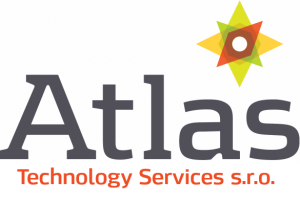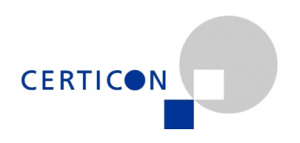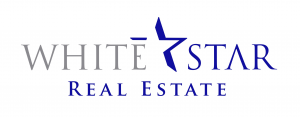More amendments to tax legislation
30.06.2009Company: Amcham
Amendments to the Income taxes Act and the Social Security Contributions Act have passed the Senate and are now to be signed by the president. The most important changes introduced in the amendments – extraordinary tax depreciation of assets and discount on social security contributions – have already been covered in the previous newsletter.
This edition focuses on some other income tax related changes; professional training of employees and foreign income exemption.
Professional training of employees
The amendment to the Income Taxes Act extends the deductibility of professional training costs. From the employer’s point of view, all costs associated with professional education that relate to the employer’s scope of business, and that can be classified as performance of work or retraining pursuant to the Labour Code, will be deductible. This now means that costs associated with increasing employee qualifications would also more than likely be deductible. From the employee’s standpoint, such non-monetary benefits will be exempt from income tax.
The proposed provisions can already be applied for the tax period beginning in 2009.
Foreign income exemption
Good news for Czech tax residents employed abroad is that their income can be tax-exempt – even if the offsetting of tax has been applied under the relevant double taxation treaty.
This amendment is a reaction to documented cases that received media coverage of Czechs working in Austria, Belgium, France, Ireland or Canada, who had to pay off their income tax in the Czech Republic for the first time earlier this year, due to the new double taxation treaty containing the tax offset clause.
Under the proposed transitional provisions, this advantageous method can already be applied to the 2008 period, which means that once the amendment has become effective, these employees are expected to file an amended tax return for 2008, claiming a refund of their tax overpayments.
Other changes contained in the amendment to the Administration of Taxes Act (Parliamentary Document No. 387) that have passed their third reading in the Chamber of Deputies and are now to pass the Senate and be signed by the president, are outlined below.
Deferral of additionally assessed tax payment
Under the proposed amendment to the Administration of Taxes Act, an appeal against additionally assessed tax will have a suspensive effect.
Under the current wording of the act, an appeal has no suspensive effect on payments of additionally assessed tax. A tax payer is obliged to pay additionally assessed taxes, despite having filed an appeal against them.
Based on the proposed amendment, tax payers will not be obliged to pay the additionally assessed taxes against which they have filed an appeal before an appellate decision has been issued.
Tax reassessment period
The breakthrough decision of the Constitutional Court on the start of the lapse period for assessment or reassessment of tax has already been covered in previous editions of our newsletter.
The proposed amendments to the Administration of Taxes Act also concern the above lapse period. The period will now be set in accordance with the decision of the Constitutional Court; which means that it cannot be assessed or reassessed after three years from the end of the tax period in which the tax liability arose, or after three years from the time the tax liability occurred, in cases where no tax period applies.
Mileage expense allowance
The proposed amendment to the Administration of Taxes Act also includes an amendment to the Income Taxes Act, under which some entrepreneurs will have the option to claim mileage expense related to the use of cars for business purposes; either as documented expenditure or as a monthly lump-sum of CZK 5,000 per car. The lump sum can be claimed in respect of no more than three cars, and in the case of cars used simultaneously for non- business purposes the lump-sum is reduced to CZK 4,000 a month. In addition to the above conditions, the amendment contains further limitations.
Claiming this lump-sum will not be applicable to cars with high fuel consumption and elevated maintenance and repairs costs. Similarly, it will not apply to entrepreneurs with large fleets of vehicles or those claiming expenses at a flat rate.
The benefits of the amendment certainly include easier administration in terms of the mileage book, although the obligation to keep mileage records remains in tact. For example travel expense reports have to show proof of entitlement to VAT deduction or prove that a car is being used for business purposes in general.
The lump-sum can already be claimed for the 2009 tax period, or for the period commencing in 2009.
Jaromír ZBROJ, Senior Manager, TACOMA Tax
Tel: +420 731 411 268
E-mail: jaromir.zbroj@tacoma.eu
www.tacoma.eu







